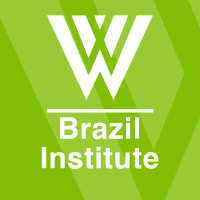Event Summary: Brazil’s Insertion in the Global Economy in Challenging Times


As the rhetoric of protectionism gains ground throughout the industrialized world, Brazil is going in a surprisingly different direction. Traditionally one of the world’s most closed economies, Brazil sees a unique opportunity to deepen its engagement with the global economy through trade and multilateral cooperation: a centerpiece of its effort to deal with the consequences of a deep and long recession. Greater openness, however, will required greater productivity and competitiveness. As a middle-income country, Brazil has “graduated” from the World Bank, making it more difficult to find financing to improve infrastructure and stimulate economic growth. Brazil’s participation in the New Development Bank offers one solution, and the Temer administration has also proposed a number of domestic reforms intended to improve the business environment and spur investment. The challenge for Brazil will be, as Secretary of International Affairs Marcello Estevão confirmed, to win the political necessary to translate these policy ideas into concrete actions.
Author

Brazil Institute
The Brazil Institute—the only country-specific policy institution focused on Brazil in Washington—aims to deepen understanding of Brazil’s complex landscape and strengthen relations between Brazilian and US institutions across all sectors. Read more

Explore More
Browse Insights & Analysis
360° View of How Southeast Asia Can Attract More FDI in Chips and AI



